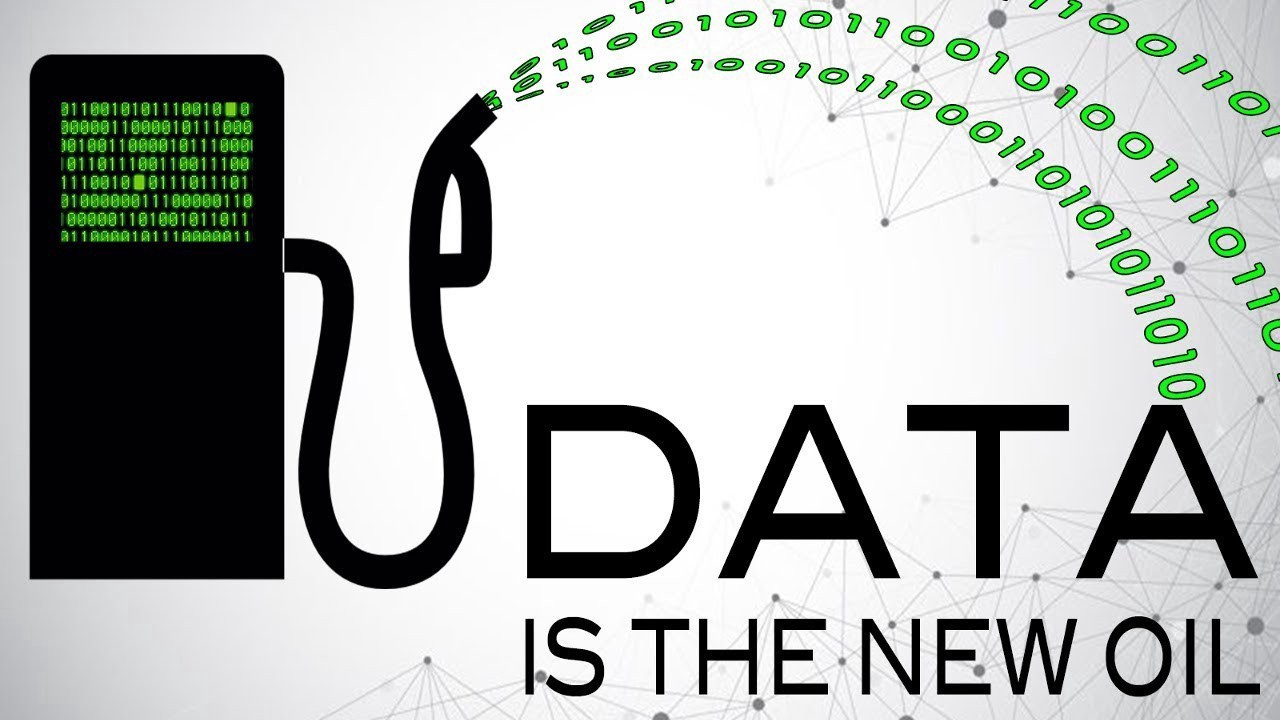Data Becomes The New Oil In Telecom – Voice Calls And SMS Take A Backseat In The Last 10 Years
With data becoming the new oil, online apps have slashed telecom revenue- 80% decline in voice calls and 94% drop in SMS in the last 10 years.

Over the last decade, the telecommunications business has seen substantial transition, with data appearing as the driving force underlying revenue growth. Traditional revenue streams such as phone calls and SMS have seen a significant fall as internet-based communication applications have grown in popularity. The Telecom Regulatory Authority of India (Trai) has published a study outlining this shift in revenue composition and investigating the need to regulate over-the-top (OTT) apps including WhatsApp, Google Meet, Facetime, and Skype. This article goes into the Trai paper’s specifics, looking at the loss in telecom operators’ revenue from voice calls and SMS, the increase in data revenue, and the potential regulatory ramifications for the industry.
The Decline in Revenue from Voice Calls and SMS
According to the Trai study, telecom operators’ income share from voice calls and SMS has declined significantly over the last decade. The revenue share from phone calls has decreased by around 80%, while revenue through SMS has decreased by an astounding 94%. This decrease is due to the increased use of via the internet calls as well as online messaging applications. Traditional phone conversations and SMS are now taking a back seat as customers embrace the ease and cost-effectiveness of OTT apps.
The Rise of Data Revenue
While telecom operators face issues in voice and SMS revenue, the Trai study shows significant rise in data usage revenue. Between the June 2013 and December 2022 quarters, the income share for each user from data increased more than ten times. This represents a paradigm change in which data has emerged as the major revenue engine in the telecom industry. Data-intensive tasks that include streaming videos, online gaming, as well as social media participation have grown in popularity, resulting in higher data consumption and increased earnings for telecom providers.

Global Trend of Transition from Voice to Data Revenue
According to Trai, the shift from phone and SMS to data as the principal source of income is not exclusive to India, but rather mirrors an international trend. The increasing use of OTT messaging as well as voice communication technologies has upset the old telecom business model globally. Voice calls and SMS have evolved into secondary revenue generators as people migrate to internet-based chatting and calling applications. This trend emphasizes data’s exceptional role in transforming the telecommunications sector.
ARPU Trends and Data Revenue Dominance
The report further delves into the trends in Average Revenue Per User (ARPU) as well as the dominant position of revenue coming from data. Except for data revenue share, all essential elements of ARPU have decreased throughout the June 2013 quarter as well as the December 2022 quarter. While revenue from voice calls has dropped to 10.1% of ARPU, a decrease from 58.6% in the June 2013 quarter, revenue from SMS has dropped to 20% of ARPU, dropping from 3.22% earlier.
On the other hand, the proportion of income from data has increased significantly, accounting for 85.1% of ARPU throughout the December 2022 quarter, compared to 8.1% in the June 2013 quarter. Despite this increase, overall ARPU has increased by nearly 41%, reaching 146.96 from 123.77 within the same time period. These figures demonstrate the shifting of revenue composition, with data revenue dominating the telecommunications scene as well as voice calls and SMS declining in importance.

Regulatory Implications and the OTT Debate
The Trai research raises a debate about the regulatory consequences of OTT apps’ expanding prominence in the telecommunications industry. OTT players now operate without licenses, in contrast to traditional telecom providers, who must follow tight laws and licensing standards. Telecom providers contend that this gap disadvantages them and inhibits fair competition. They underline the importance of an OTT platform regulatory and licensing structure to ensure that they comply with regulations and guidelines.
In an effort to address telecom companies’ worries, Trai is investigating the potential of placing OTT players within a license framework. This would entail entry fees, revenue sharing, legal interception capabilities, call data record clause, along with regulatory compliance. The goal is to establish a level playing field and assure accountability by exposing OTT applications to the same laws as telecommunications carriers.
Trai also discusses the probable consequences of an entire internet shutdown and advises that some OTT applications be banned selectively as a means to limit dangers linked with terrorism or anti-national activity. This method would allow important services such as education as well as healthcare to carry on operating while paying attention to potentially misused applications.
Data: The New Oil
Reliance Industries chairman Mukesh Ambani prominently remarked that “data is the new oil.” This sentiment is consistent with Reliance’s telecom business, Jio Infocomm, which transformed the industry with low-cost data services. Data has evolved as a significant generator of income and innovation across multiple industries in today’s digital age. This significance is emphasized by the alleged Jio logo, which resembles a mirror reflection of the word ‘oil.’ Data, in the same way that oil has traditionally driven economies and industries, is now playing a comparable role in fueling innovation and progress in the modern day.
The internet has grown to be an inseparable part of our everyday lives, changing the way we connect, work, and do business. It fuels industries that includes transportation, housing, industry, education, as well as governance, to name a few. These industries rely extensively on data gathering, analysis, and use to increase efficiency, enhance services, along with the chance to create novel possibilities.
Businesses and organizations can use data to acquire substantial insights into customer behavior, choices, and trends in the market. It makes personalized experiences, individualized advertising methods, as well as data-driven decision-making possible. Companies that efficiently use data gain a competitive advantage by optimizing operations, identifying new trends, and developing innovative products and services.
Furthermore, the value of data transcends beyond the corporate sector. Data is being used by governments to improve public services, form informed policy decisions, as well as promote openness and accountability. Data has enormous potential to foster societal change since it facilitates evidence-based decision-making and provides information to individuals and communities.
As data continues to fuel innovation and progress, businesses, governments, and individuals must realize its importance and adopt data-driven initiatives. This includes providing strong data privacy and security safeguards, encouraging appropriate data usage, and cultivating a data literacy culture. We can open new opportunities, generate economic growth, and bring about a more integrated and efficient society by leveraging the power of data.
Finally, the Trai study offers insight on the dramatic shift of the telecom revenue picture. It emphasizes the considerable shift in consumer tastes as well as the disruptive power of technology. The loss in traditional sources of income such as voice calls as well as SMS, along with an increase in data revenue, demonstrates data services’ growing dominance. This development highlights the need of developing strategies for capitalizing on the expanding demand for data.
However, amid this shift, the debate over Over-The-Top app regulation poses critical considerations about nurturing innovation and guaranteeing fair competition. The difficulty for telecom providers is to strike a balance between supporting digital innovation and ensuring a level playing field. Navigating this changing terrain necessitates thoughtful deliberation of rules and regulations that encourage fair competition while facilitating ongoing innovation.
In order to stay relevant and competitive in the digital age, telecom providers must be proactive in their strategy adaptation. They must invest in infrastructure to meet the increased demand for data services, improve network capabilities, and create creative offers to meet changing consumer expectations. Collaborations with OTT companies and the exploration of new business models can also create opportunities for growth and revenue diversification.
The Trai study is a significant resource for telecom industry stakeholders, policymakers, and operators, providing fascinating insights into the changing dynamics of the telecom sector. Telecom operators are able to position themselves tactically to prosper in the digital era by grasping these dynamics and appreciating the revolutionary power of technology.




